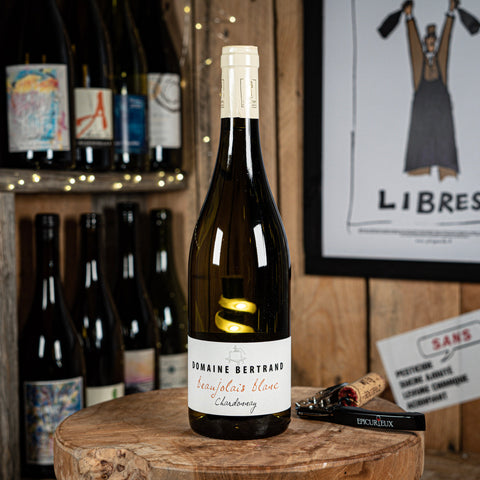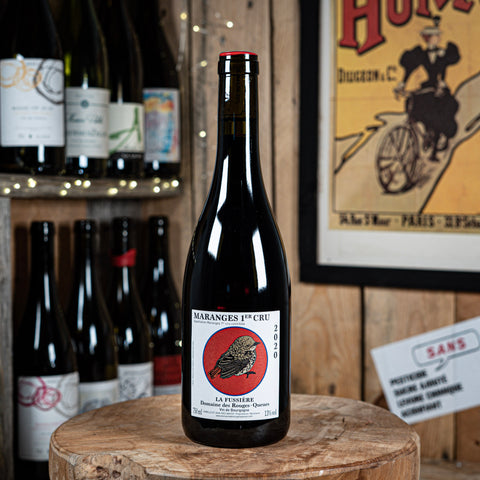Epi-curieux would like to show you some differences in terms of labels to simplify your choice when consuming wine. Here, we'll explore the most common wine labels and explain their meanings.
What is a label?
A wine label is a certification that the winegrower will affix to his bottles of wine. It is a logo certifying that the production of wines respects certain characteristics and standards requested by the label organization. They certify, for example, the origin of the grapes, the quality, the farming practices as well as the production methods used for the wine.
A label allows the winemaker to inform buyers about the values and characteristics of the wine, thus allowing them to make choices according to their expectations. It should also be noted that each country has its own specifications in order to certify a product. It is therefore important for the buyer to be attentive to the different wine labels and to find out about the characteristics showed on the back of the bottle to better understand the wines they are going to drink.
The different categories of labels

- The organic farming label certifies that the grapes grown for making wine do not use any pesticides or chemicals. These winegrowers will highlight their sustainable and environmentally friendly farming methods in order to guarantee its certification according to organic standards. There are two labels that defend these values, such as the AB label (organic farming) and the BE label (European organic). During winemaking, the wines can be yeasted and corrected with a large number of authorized products, but the sulfur levels are limited. 100mg/l for reds and 150mg/l for whites

- The biodynamic farming label certifies that the winegrower produces his wines in an approach that respects the lunar cycles and nature. The treatments are done using herbal tea, cow dung, silica and no non-natural input is authorized. The maximum dose of sulfites is highly regulated. 70mg/l for reds and 90mg/l for whites. In France, the frequent labels are the Demeter and Biodyvin labels.

- The natural wine label certifies that the winemaker only uses organic or even biodynamic grapes. The treatment is limited to sulfur and copper as well as preparations from biodynamics (herbal tea, etc.). The soils are plowed by hand or using animal traction (horse, etc.). And the vinification is done using indigenous yeasts naturally present in the vineyard and in the cellar. No winemaking input. A micro dose of sulfur can be used before bottling to stabilize the wine. The certification is made by the Label Vin method nature. 30mg/l for reds and 40mg/l for whites Maximize “terroir and vintage” effect, healthy grapes and banishing chemical intervention.

- The vegan wine label certifies that the farmer does not use any products of animal origin in his vines until the final design, as the Vegan Society label wishes for example.
In summary, each winemaker has his own way of production but you can make decisions based on your preferences and values for the purchase of the next bottle. Several labels offer you a very precise label on how the wine was produced and so you can taste it with your eyes closed.






Comments (0)
There are no comments for this article. Be the first one to leave a message!